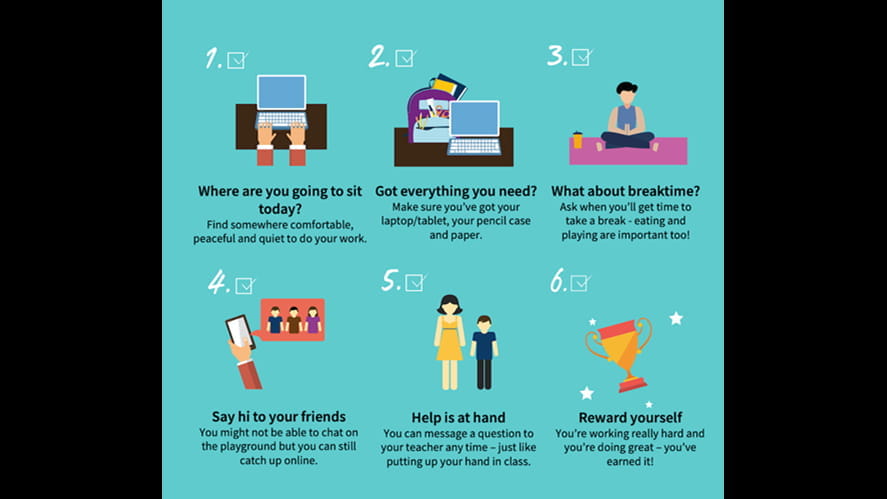We use cookies to improve your online experiences. To learn more and choose your cookies options, please refer to our cookie policy.

Dear All,
we know that this is a difficult time for our community, and the quarantine and that anxiety around coronavirus may be affecting your wellbeing. The outbreak of the coronavirus COVID-19 has impacted people in varying ways on an international scale. It is understandable that during times like this, people may be feeling afraid, worried, anxious and overwhelmed by the constantly changing alerts and media coverage regarding the spread of the virus.
While it is important to stay informed, the following are some mental health and wellbeing tips and strategies to continue looking after ourselves and each other during these difficult times.
1. Recognize that anxiety is completly normal
Anxiety is a normal and healthy function that alerts us to threats and helps us take measures to protect ourselves.
While anxiety around COVID-19 is completely understandable, make sure that you are using reliable sources (such as the UNICEF and the World Health Organization's sites) to get information, or to check any information you might be getting through less reliable channels.
2. Create distractions
When we are under chronically difficult conditions, it’s very helpful to divide the problem into two categories: things I can do something about, and then things I can do nothing about. Here is a lot that falls under that second category right now, and that’s okay, but one thing that helps us to deal with that is creating distractions for ourselves.
Cleaning and organizing our space, watching a favourite movie or getting in bed with a novel as ways to seek relief and find balance in the day-to-day.
3. Find new ways to connect with your friends
Social distancing doesn’t mean social isolation. Try to stay in touch with those around you over the phone, by post, or social media. Let people know how you would like to stay in touch and build that into your routine. This is also important in looking after your mental wellbeing and you may find it helpful to talk to them about how you are feeling.
4. Focus on you
Have you been wanting to learn how to do something new, start a new book or spend time practicing a musical instrument? Now is the time to do that. Focusing on yourself and finding ways to use your new-found time is a productive way to look after your mental health.
5. Create a safe physical and emotional environment by practicing the 3 R’sReassurance, Routines, and Regulation.
First, adults should reassure children about their safety and the safety of loved ones, and tell them that it is adults’ job to ensure their safety.
Second, adults should maintain routines to provide children with a sense of safety and predictability (regular bedtimes and meals, daily schedules for learning and play).
And third, adults should support children’s development of regulation. When children are stressed, their bodies respond by activating their stress response systems. To help them manage these reactions, it is important to both validate their feelings and encourage them to engage in activities that help them self-regulate such as exercise, deep breathing, mindfulness or meditation.
Children’s well-being depends on the well-being of their parents. Caregivers must take care of themselves so they have the internal resources to care for others. To this end, adults can engage in self-care by staying connected to social supports, getting enough rest, and taking time for restorative activities (e.g., exercise, meditation, reading, outdoor activities, prayer). Seeking help from a mental health provider is also important when adults struggle with very high levels of stress and other mental health challenges.
It is normal to feel sad, stressed, confused, scared or angry. Talking to people you trust can help. Dont’t forget that taking care of your emotional health and well-being during this time is very important.